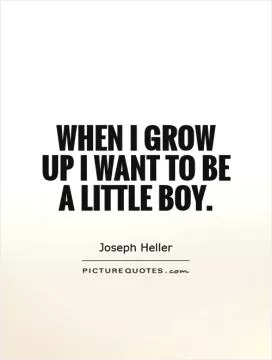The Texan turned out to be good-natured, generous and likable. In three days no one could stand him

The Texan turned out to be good-natured, generous and likable. In three days no one could stand him
In Joseph Heller's novel "Catch-22," the character of the Texan embodies a paradoxical nature that ultimately leads to his downfall in the eyes of those around him. Initially portrayed as good-natured, generous, and likable, the Texan quickly becomes a source of irritation and frustration for the other characters in the novel.The Texan's initial charm and affability make him a welcome addition to the group of soldiers in the novel. His generosity and willingness to help others endear him to his fellow soldiers, who appreciate his kind-hearted nature. However, as time goes on, the Texan's behavior begins to grate on the nerves of those around him.
One of the key reasons for the Texan's unpopularity is his relentless optimism and naivety. Despite the grim realities of war and the absurdity of the situations they find themselves in, the Texan remains relentlessly positive and upbeat. This unwavering optimism becomes increasingly irritating to the other characters, who struggle to maintain their own sanity in the face of the madness of war.
Furthermore, the Texan's generosity and willingness to help others often come across as patronizing and condescending. His constant offers of assistance and unsolicited advice can be seen as intrusive and overbearing, causing resentment among his comrades. In a world where everyone is struggling to survive and maintain their own sense of dignity, the Texan's well-meaning but ultimately misguided attempts to help only serve to alienate him from those around him.












 Friendship Quotes
Friendship Quotes Love Quotes
Love Quotes Life Quotes
Life Quotes Funny Quotes
Funny Quotes Motivational Quotes
Motivational Quotes Inspirational Quotes
Inspirational Quotes